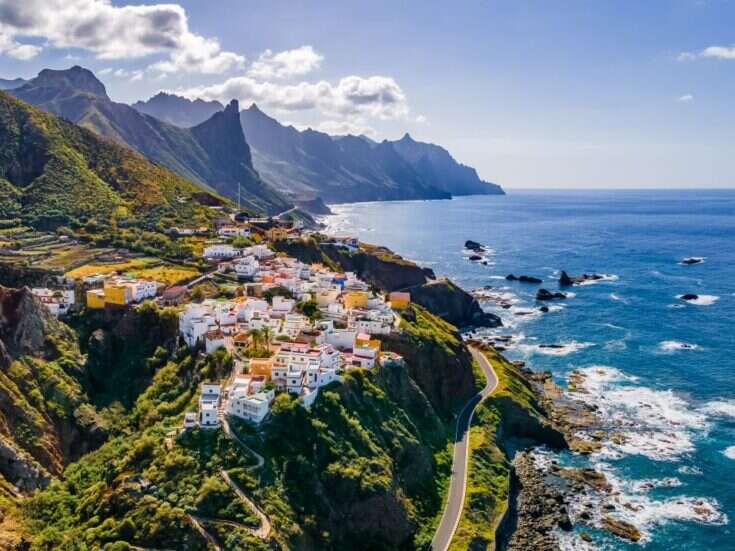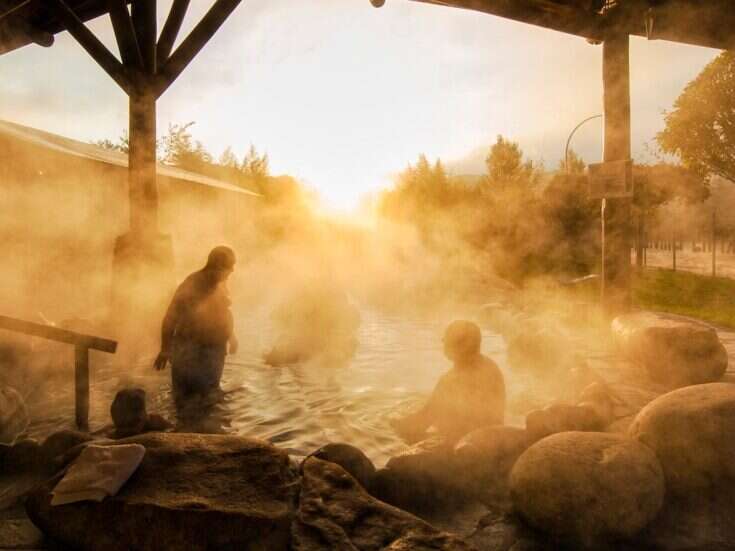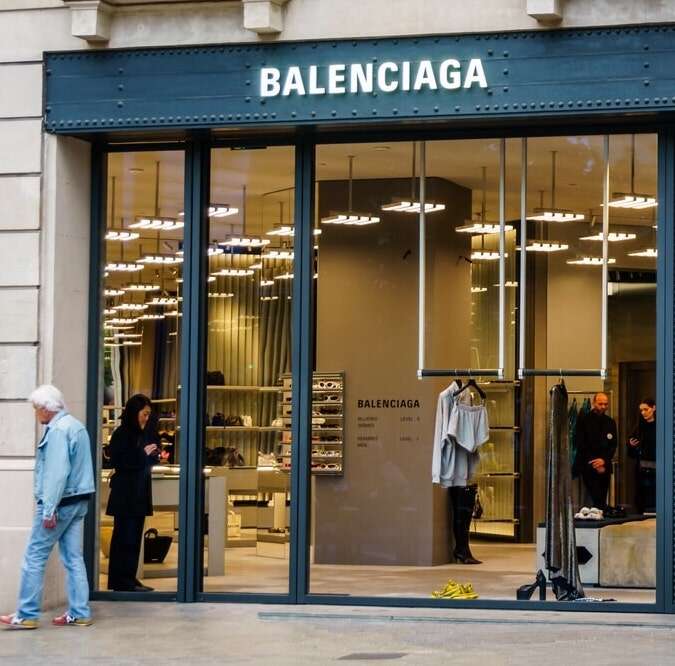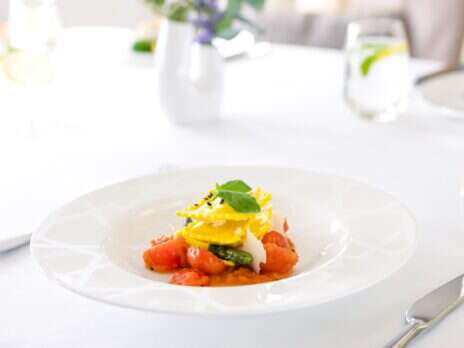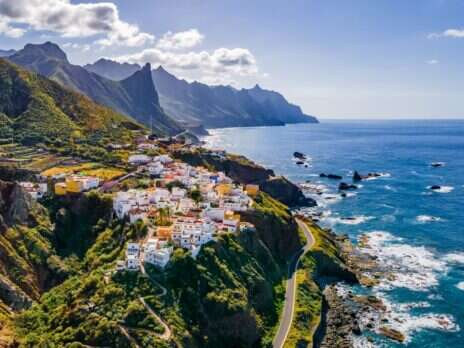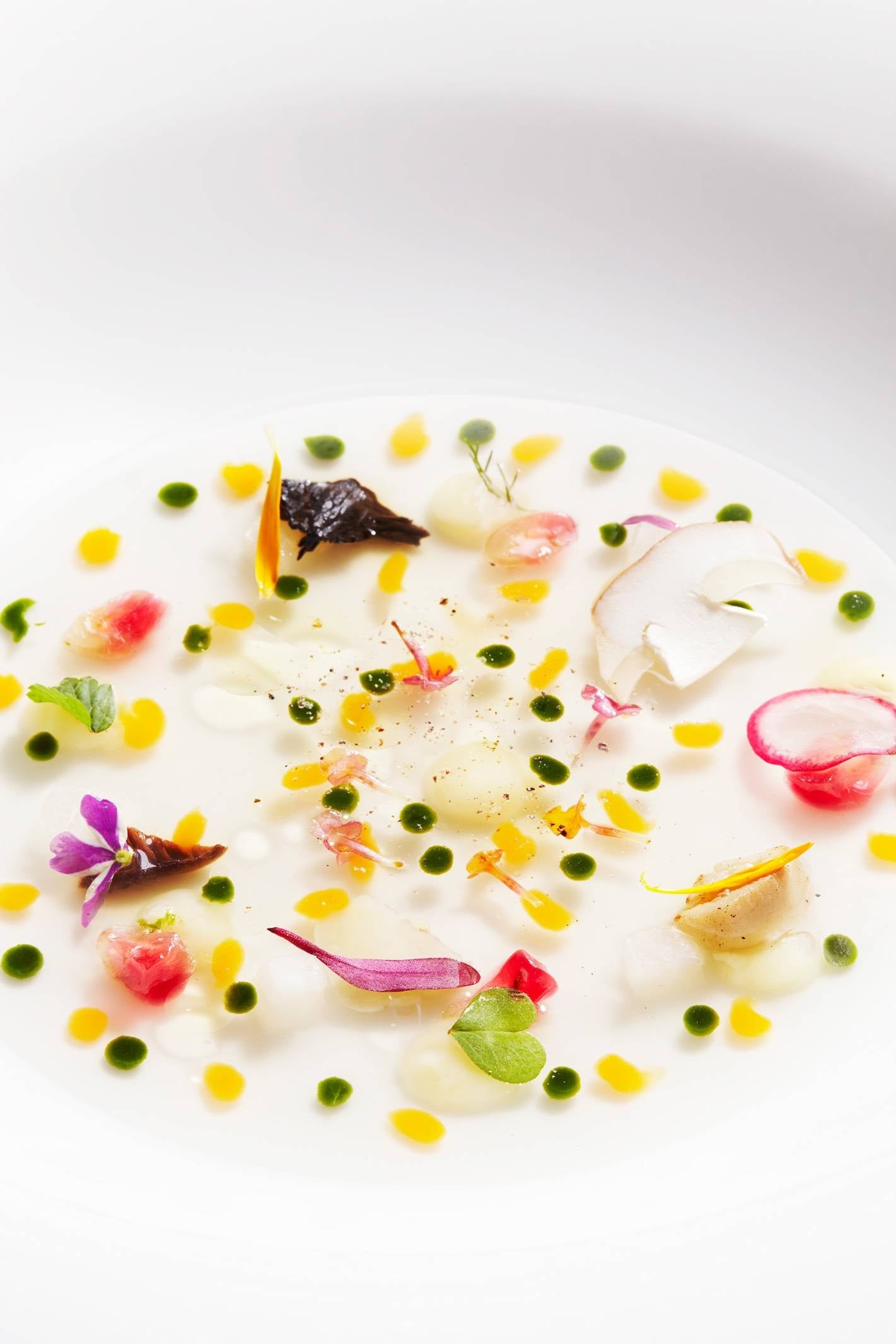

Fall Vegetable Stock at El Celler de Can Roca
By Andy Hayler
Spain has a rich culinary history, with its range of distinct regions each proud of their local specialties, from the paella of Valencia to the varied pintxos snacks of the Basque country. Influences from abroad have brought further enrichment to local dishes.
The Moors introduced spices and rice to the country, and the discovery of the Americas brought tomatoes, potatoes and chocolate. Yet for all its history, fine dining in Spain was until quite recently the preserve of the upper classes. The first Michelin guide to Spain appeared in 1973, but it was 1989 before the ultimate reward of three Michelin stars was bestowed on a Spanish restaurant – Arzak in San Sebastian. Two more establishments joined this elite club in the 1990s, both now closed: El Raco de Can Fabes and El Bulli. Yet no less than eight more restaurants have been granted three Michelin stars in Spain in the years since 2001.
El Bulli in particular symbolised the global rise of Spanish cuisine. With its innovative “molecular gastronomy” of Ferran Adria (who disliked the phrase) chefs and visitors from around the world made the pilgrimage along the rocky hillside road above the town of Roses to dine at El Bulli. Such was the demand for tables that at its peak the restaurant was receiving 2 million calls a year for its 8,000 possible reservations of the season. The restaurant closed in 2011, but it put Spanish high-end cuisine on the global map and spawned countless imitators.
These days the pinnacle of restaurants in Spain continues to have a reputation for innovation. DiverXO in Madrid combines Spanish cooking with Asian flavors and a flair for the theatrical, its young chef David Munoz sporting a Mohican haircut. Quique Dacosta in Valencia has picked up the modernist culinary torch of El Bulli. The Basque region hosts four of Spain’s nine current 3 star restaurants. As well as the inventive cooking of Arzak there is Martin Berasategui in San Sebastian, who also owns Lasarte in Barcelona, and nearby is the slightly more traditional cooking of Pedro Subijana at Akelarre. The latest regional addition to the pantheon is Azurmendi, where Eneko Atxa grows many of the products served on the table in the restaurant’s gardens and hi-tech greenhouses. Carme Ruscadella in Sant Pau is the only three star chef Spain (one of only eight women ever to hold three stars globally) while in Girona the three Roca brothers run El Celler de Can Roca, twice voted top of the influential “World’s best restaurant” list.
Beyond these refined restaurants, Spain has a rich food culture and many simpler but excellent restaurants that make the most of the fine ingredients that the country has to offer. From its renowned carabineros red prawns to the silky Iberico ham of the Pyrenees, the country has plenty of top-notch ingredients that provide a bedrock of product quality supplying restaurants both simple and grand. Now that Spain is so firmly established on the global culinary map it will not be rescinding its place at the top any time soon.

